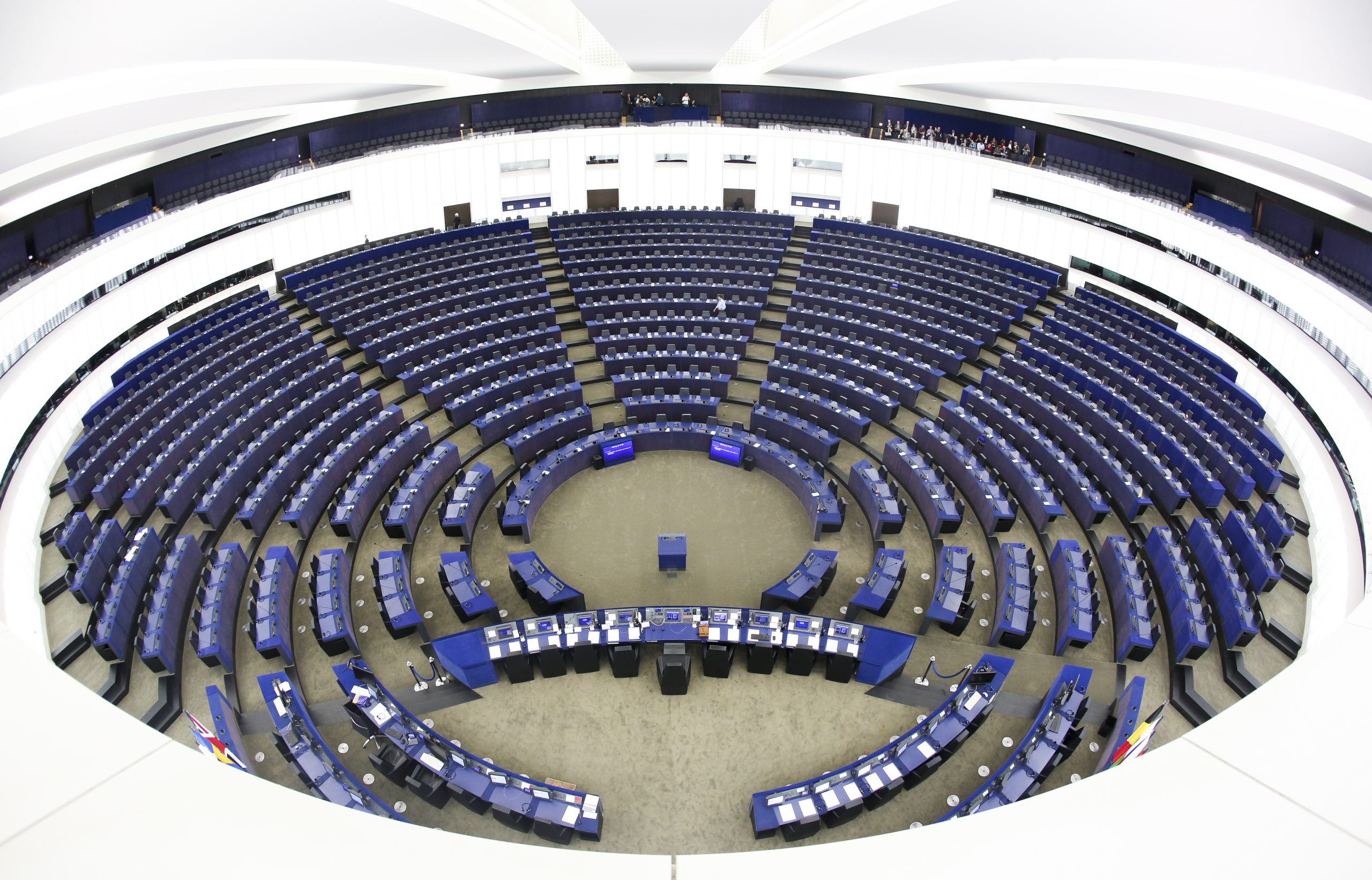The European political scenes are going to Americanise. This is inevitable and now desirable because, whatever the precise outcome of the battle of the European elections, extreme right-wing groups will become a key force in the Parliament.
They will not have a majority, but in Strasbourg and throughout Europe they will now weigh as heavily as they did in the 1930s and will try to join forces, as Viktor Orbán and Marine Le Pen are already calling on them to do. If they succeeded, they could form the second largest political group behind the conservatives of the European People’s Party, but even in third or fourth place, they will continue to assert themselves as an alternative to all the forces, left and right, that have dominated the European arena for some eight decades.
Little by little, the Strasbourg hemicycle will therefore be reshaped into two blocks. On one side will be the nationalist MEPs, far more vocal than they are today, and the conservatives, who will join them in what will at first be a rare convergence, and then a regular one. On the other side, surprising as it may seem, there will be all the other political forces. Each will keep its own label. It will not necessarily be a true passion, and it certainly will not be immediate, but from part of the far left to a large part of the conservatives, via the Greens, the centre and the left, the votes will increasingly go in the same direction.
When it comes to supporting Ukraine, preventing the unravelling of European unity or combating global warming, there will be little need for consultation. On other issues, notably economic and social, they will have to be able to agree on compromises that can block the way to an alliance of hard and extreme right-wingers. This will not always work. There will be times when the People’s Party will band together with the extreme right, or when the left will let the right wings win rather than subscribe to proposals that are too far removed from their own.
This development will experience its slowdowns and accelerations, but while a right wing that could be described as Trumpist will emerge, the ballot boxes in Strasbourg will sketch out a democrats’ front, shaped by a refusal to accept nationalist regression, retreat of democracy and attacks on the rule of law. Many voters will not be able to figure it out and will put the brakes on this movement. The French could be the most upset by a development that seems to contradict the aspiration of their left to rise from the ashes, but the need to stand together does not preclude asserting one’s identity, and the European Parliament will simply be widening a path that has already opened up in the national arenas.
In Germany, three parties – the Liberals, the Greens and the Social Democrats – are in the driving seat. In the Netherlands, Finland, Sweden and Italy, on the other hand, extreme right-wingers, right-wingers and even centre-righters govern together. In Poland, by allying with the liberals, the left and a new Christian democracy were able to drive the reactionary and nationalist right into opposition. Faced with the extreme right-wing front, the old Israeli Labour Party is aiming to merge, with others, into a democratic party to be created.
The resurrection of the extreme right is already reshaping our chessboards. It’s a fact, and this reality is leading Europe to reinvent the American two-party system in which, faced with Republicans thirsting for order, Manichaeism and nationalism, the Democrats unite a centrist “camaïeu” with all the nuances of the left.
On the right as on the left, this change of era offends our political cultures and our nostalgias, but why should it be so detestable? Why should we refuse to allow a party of movement to take over from an exhausted left when a party of order has already taken over from a dying right, or even a dead right in France? Why should we want to remain trapped in a past that no longer exists when this field of ruins offers the opportunity to finally give new ideas, a programme and an ambition to the fight for democracy and to all those, so many, who do not accept the extinction of the Enlightenment and the renunciation of the Declaration of Human Rights, universalism and the demand for social justice? It’s not just that we ought not to refuse this change of era. We must work towards it and hasten it.
(Photo: © European Union 2017 – Source : EP)




